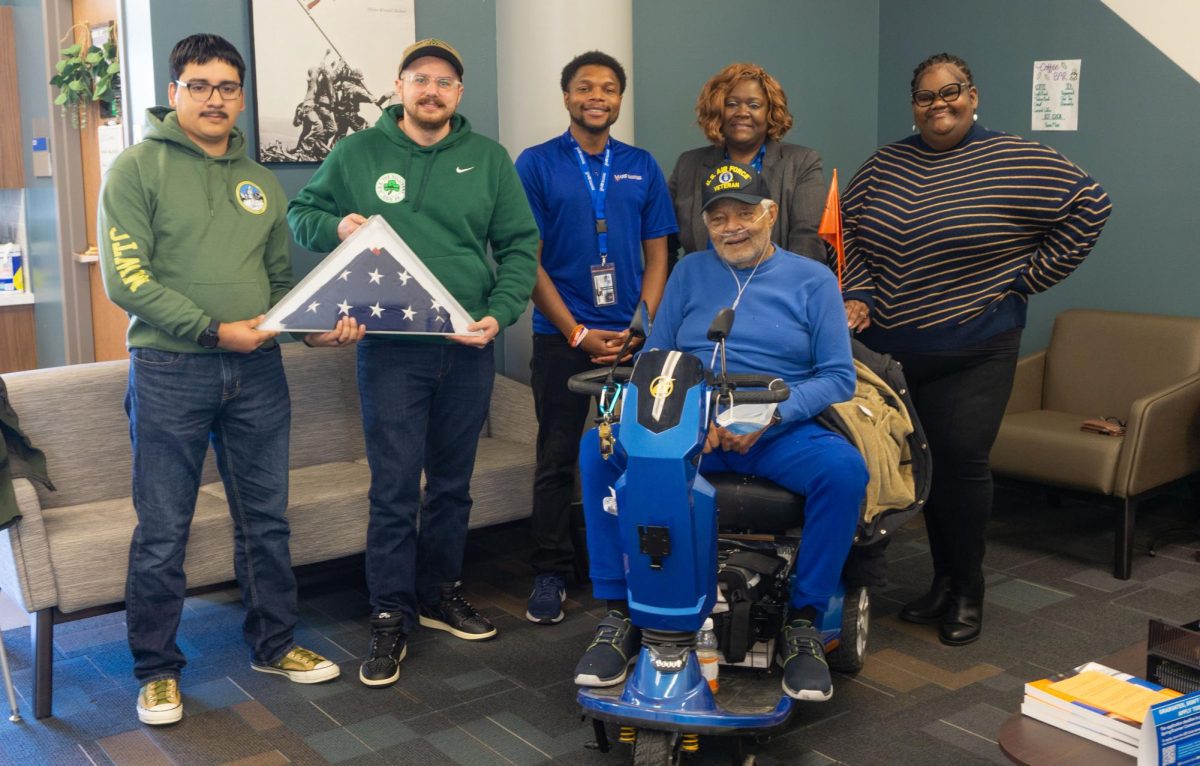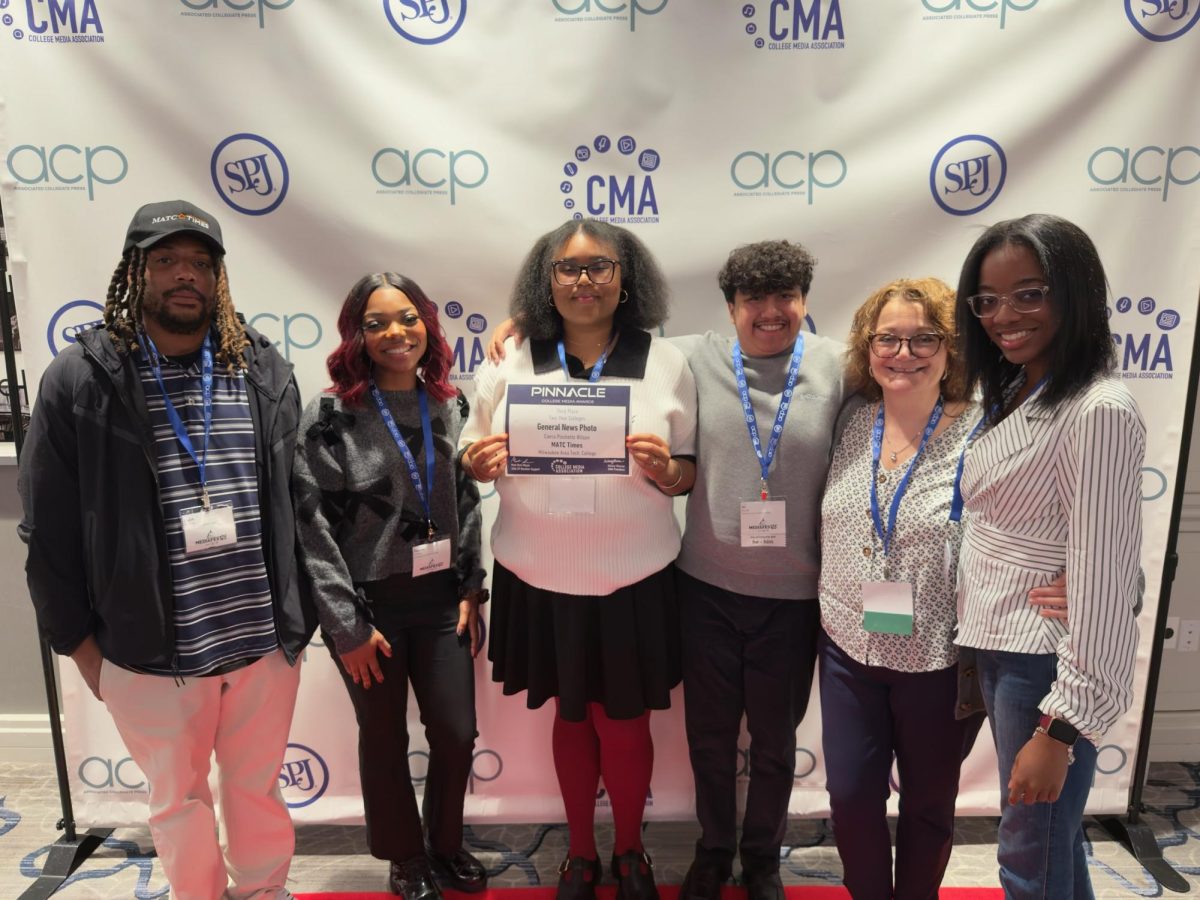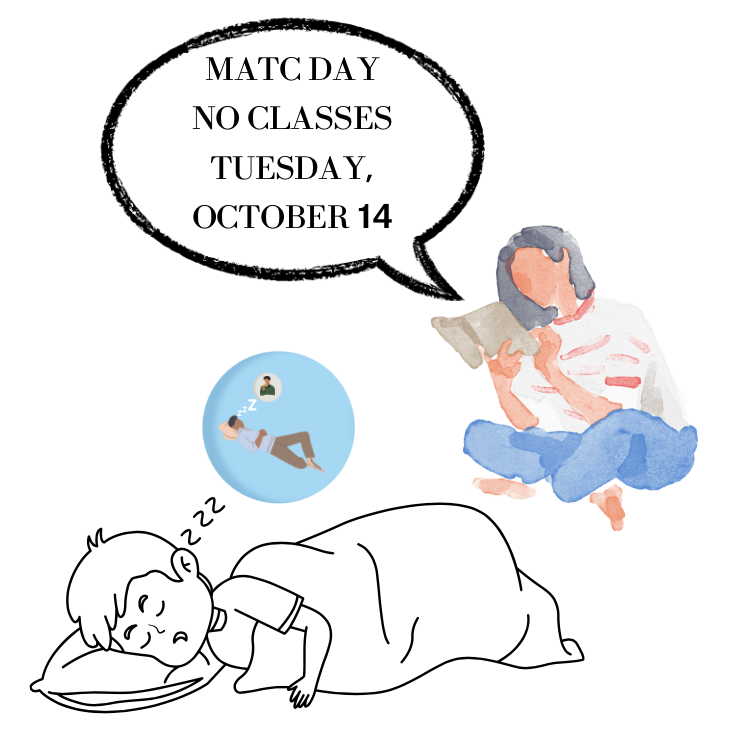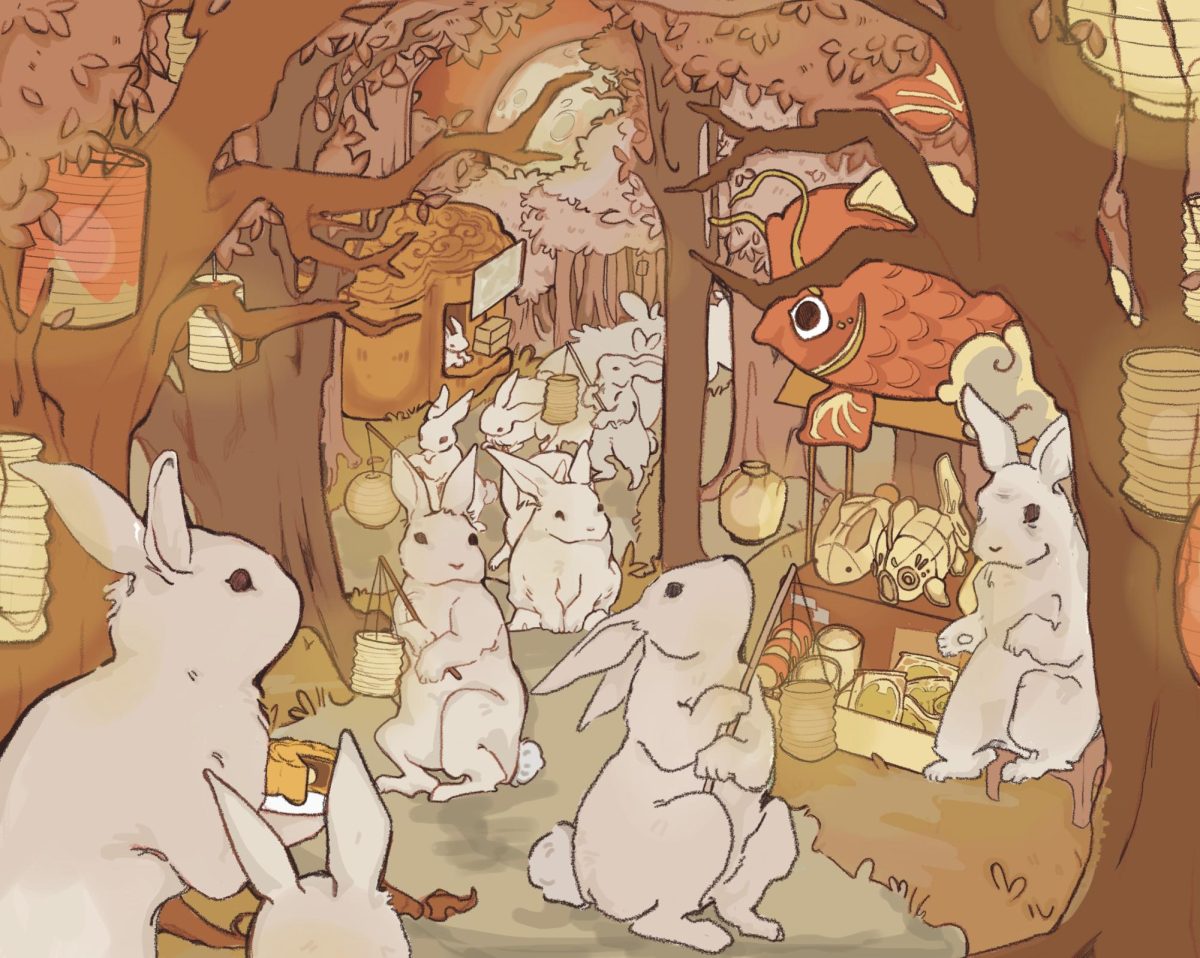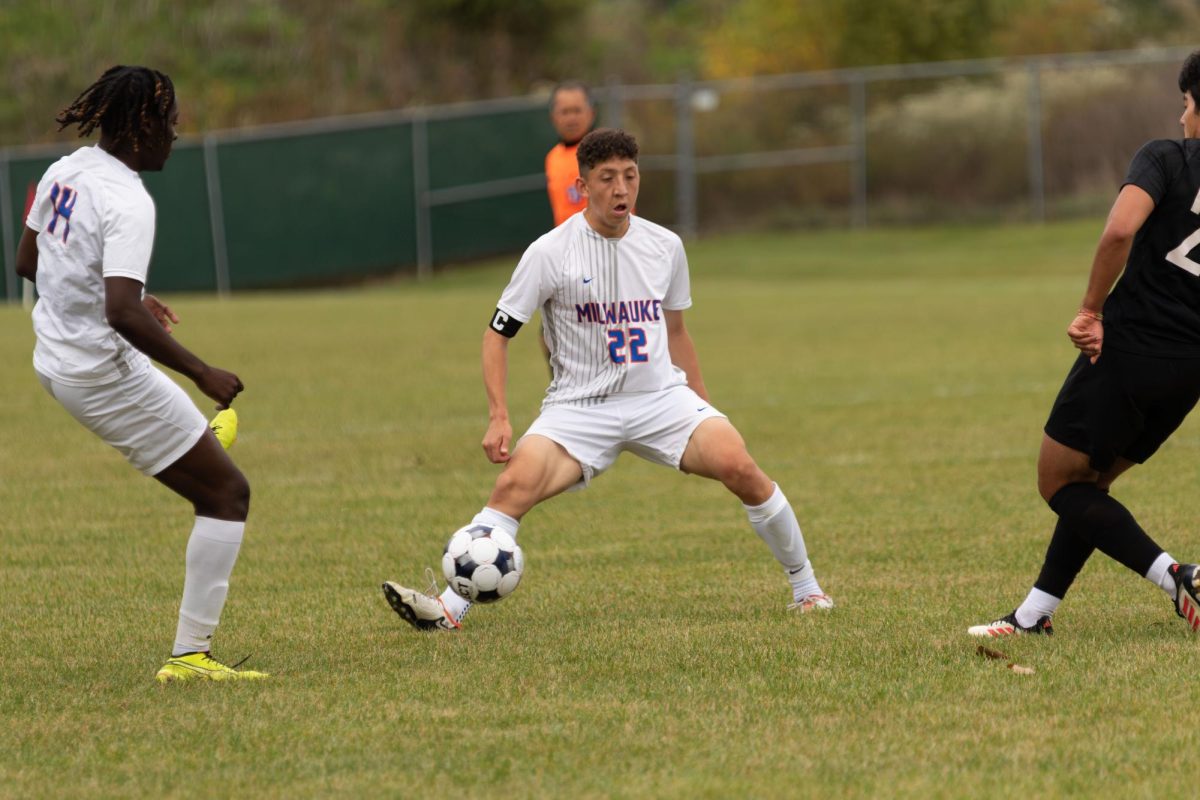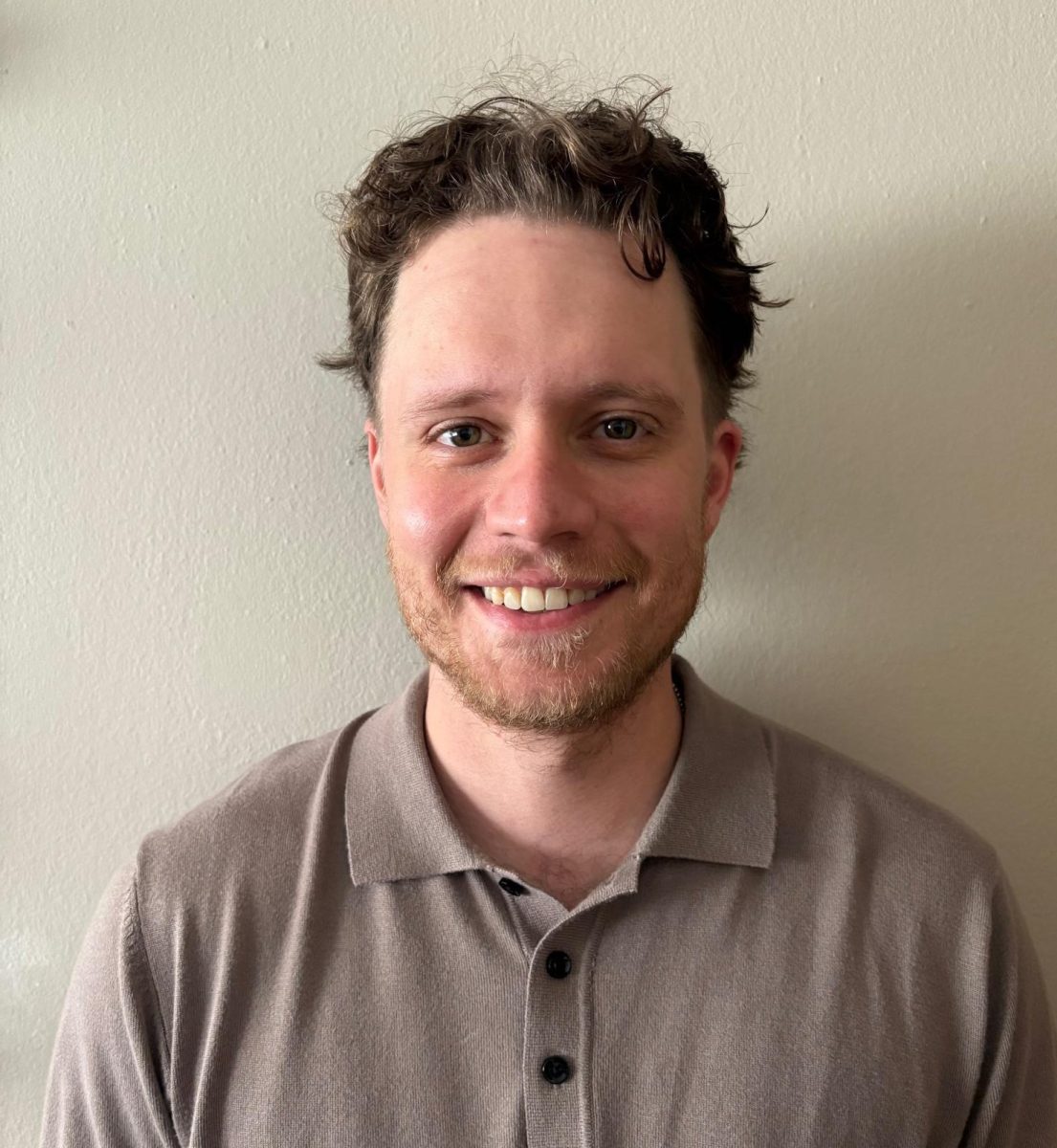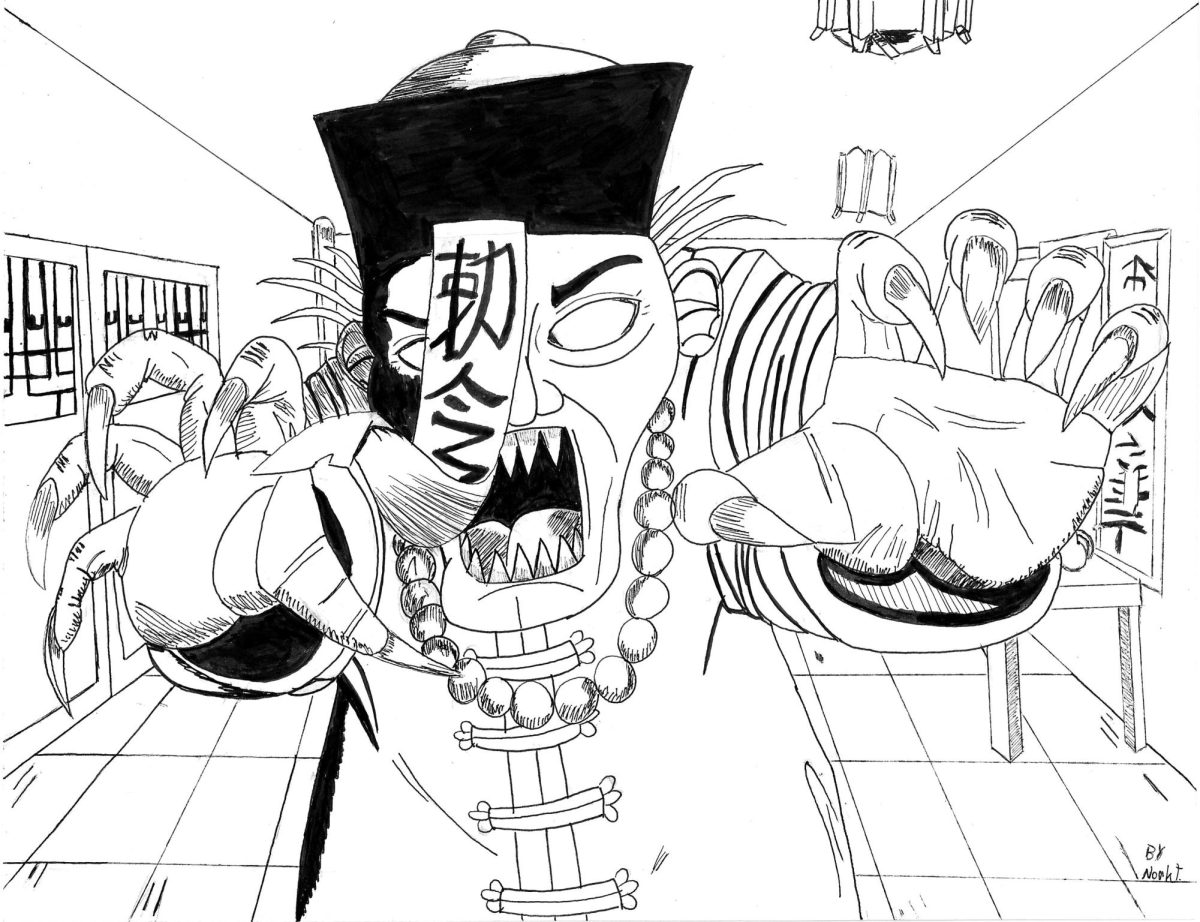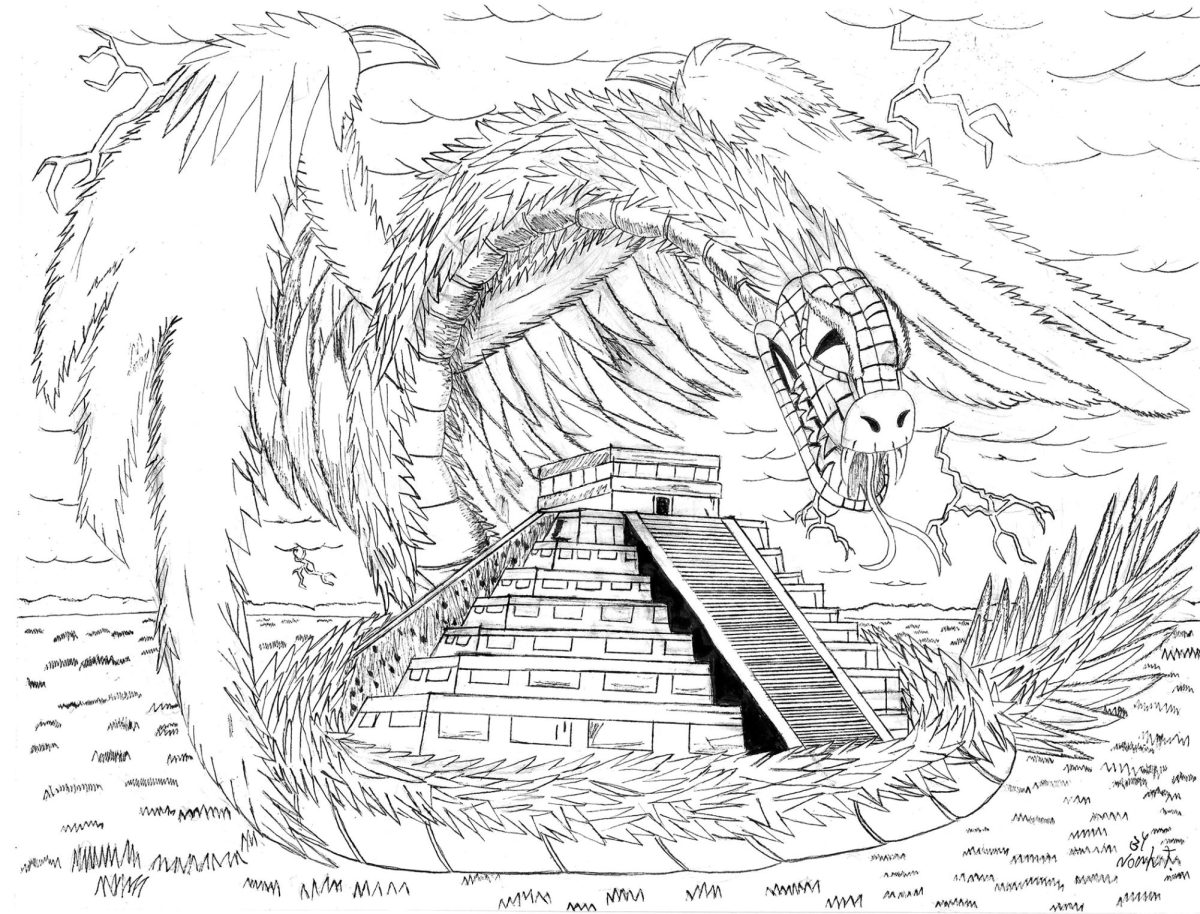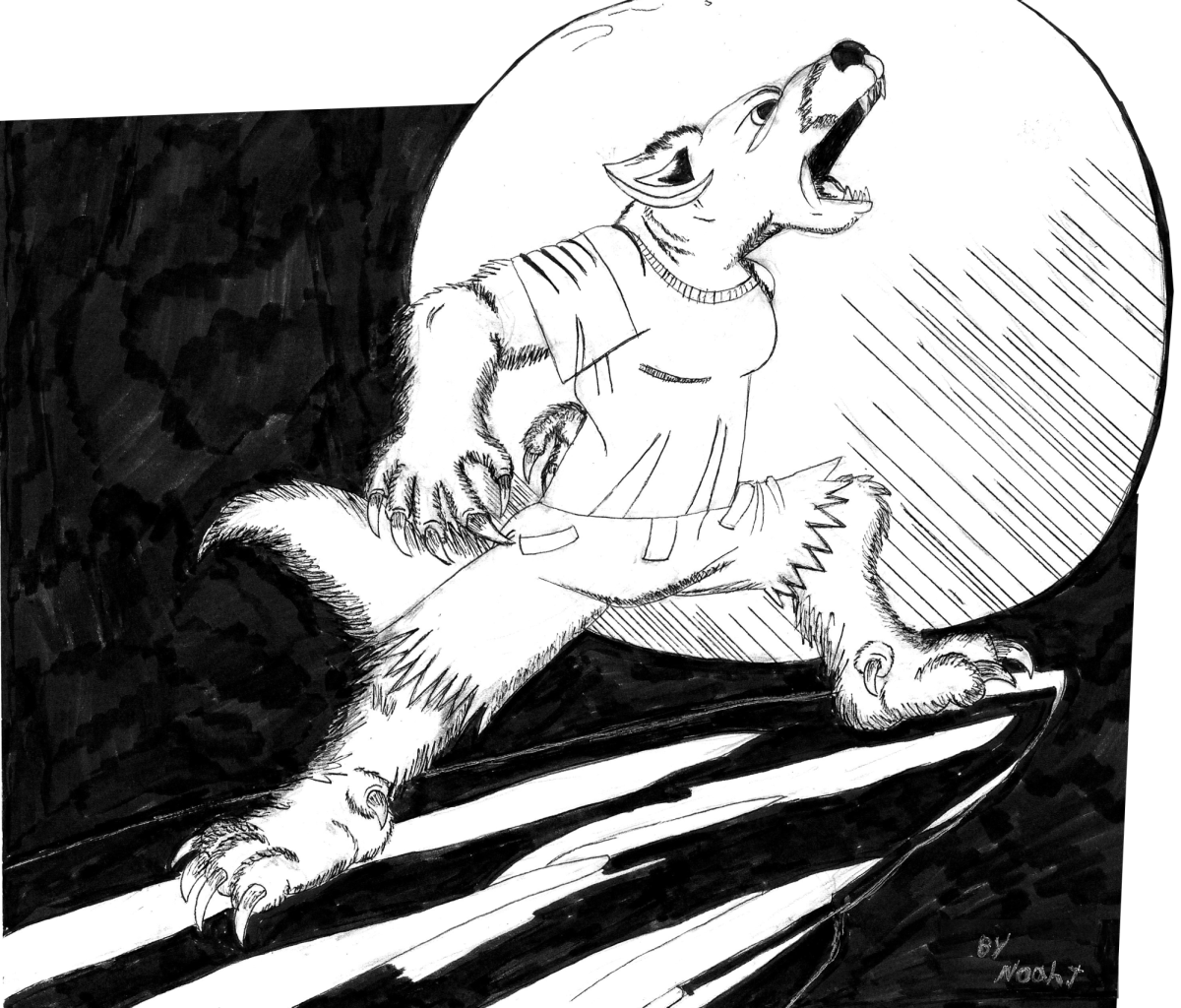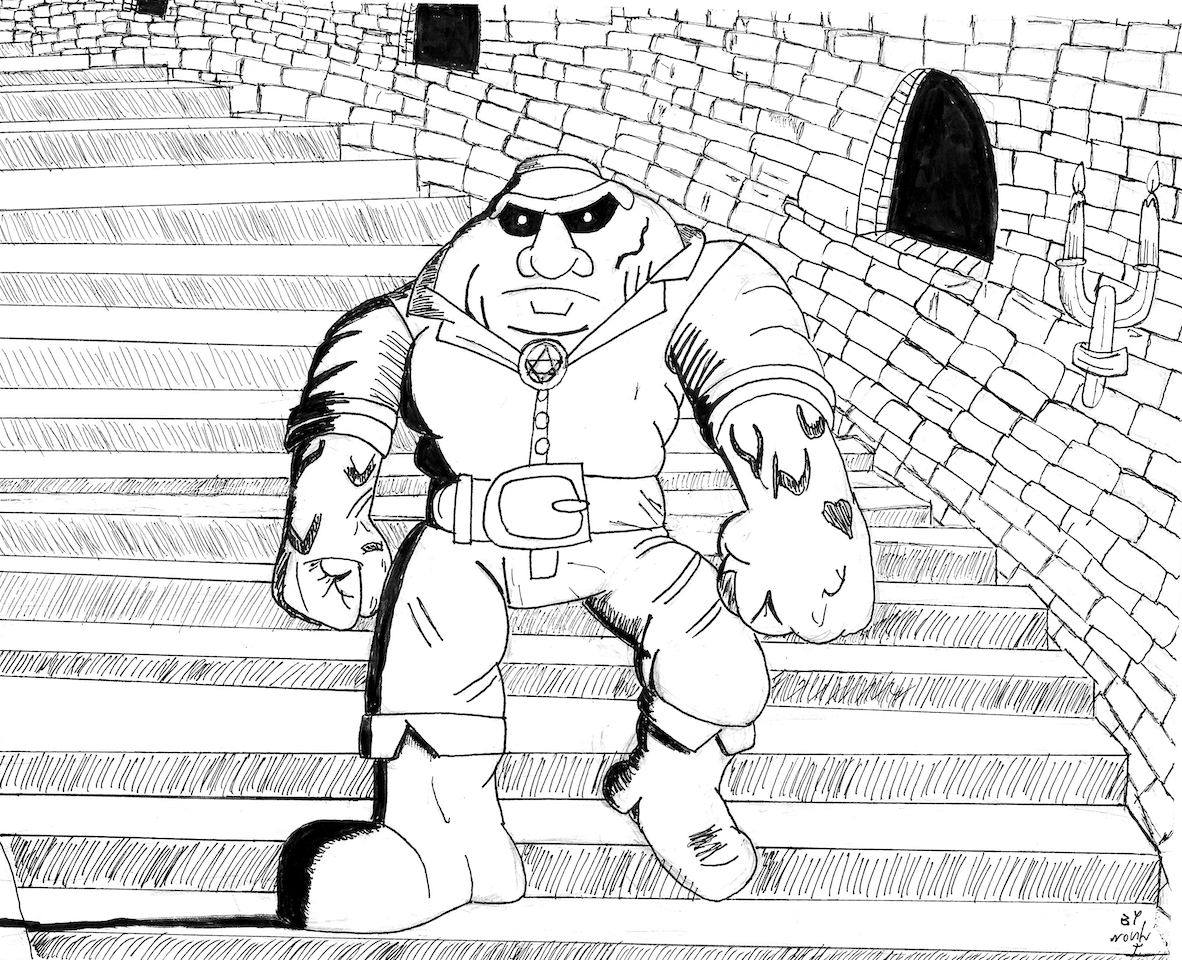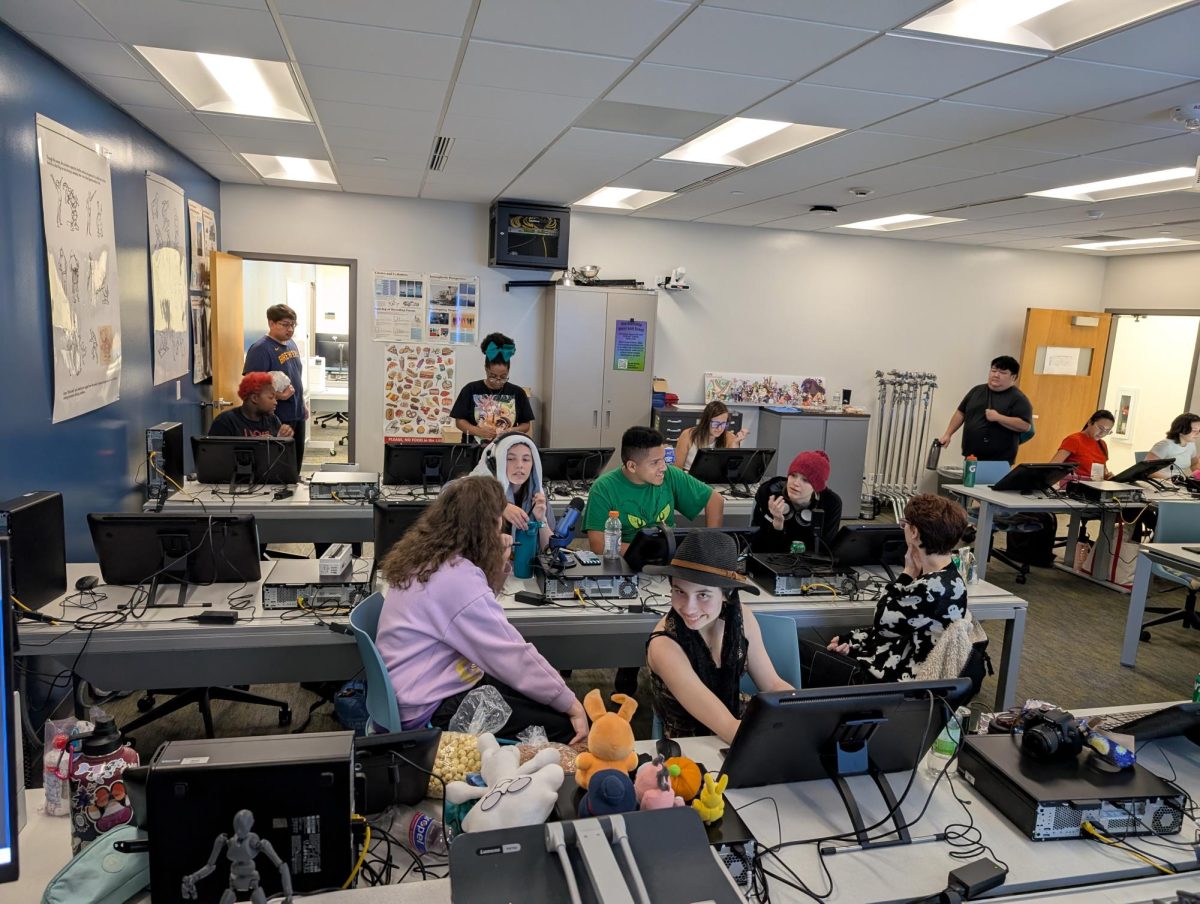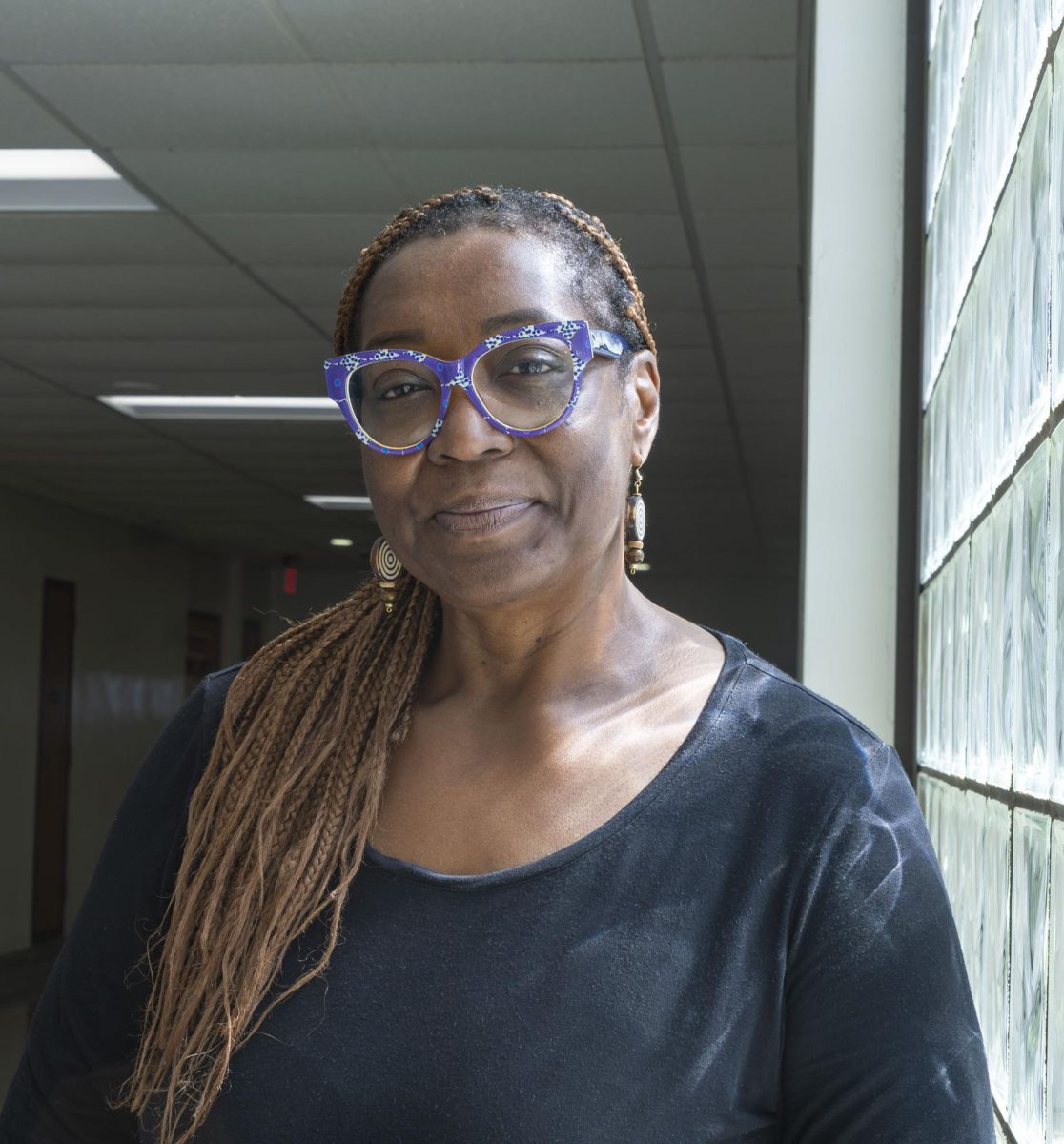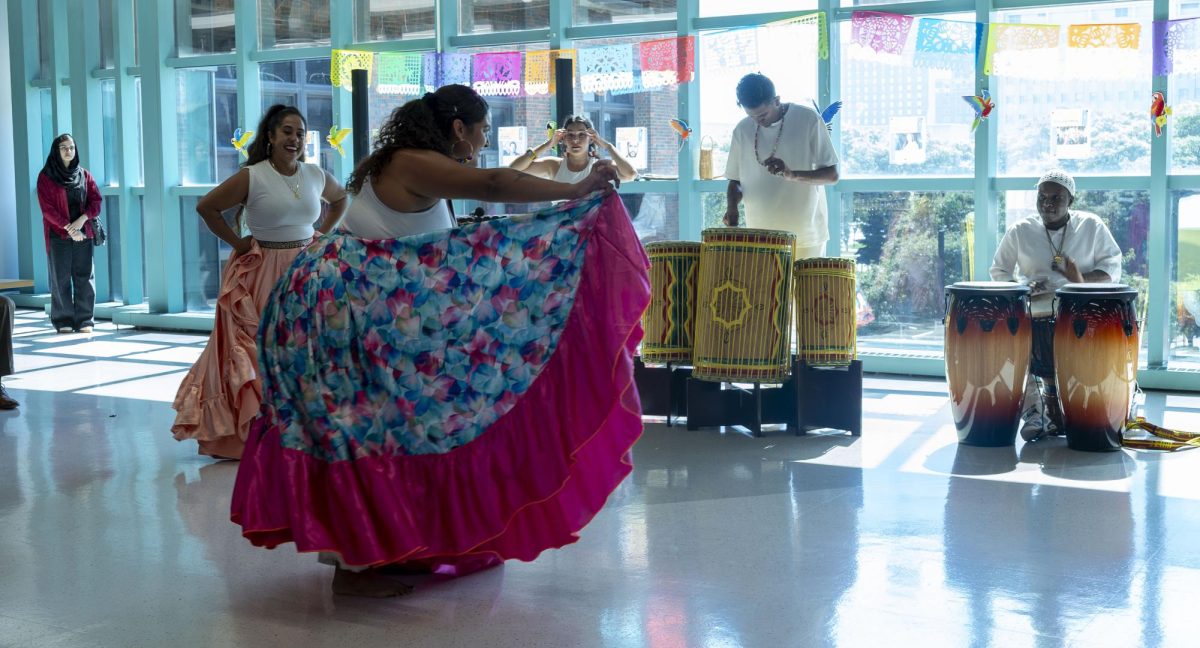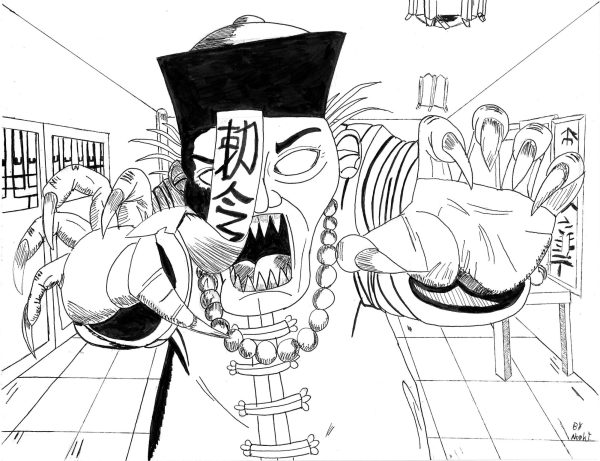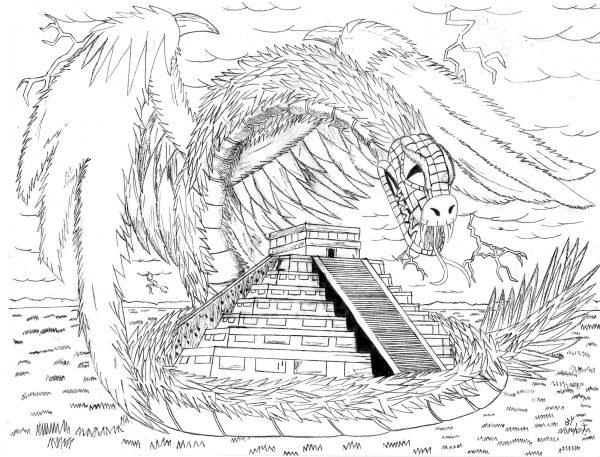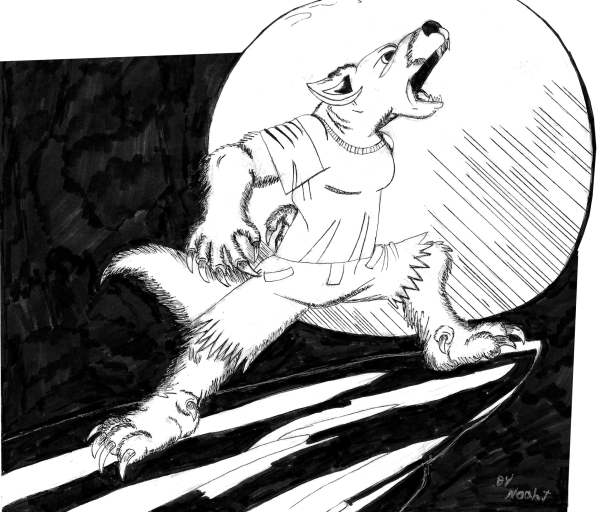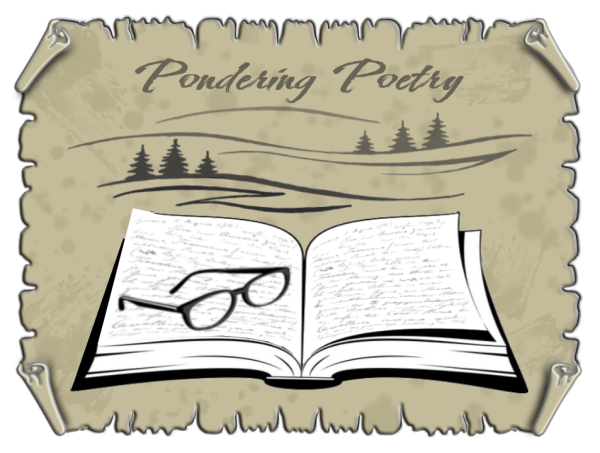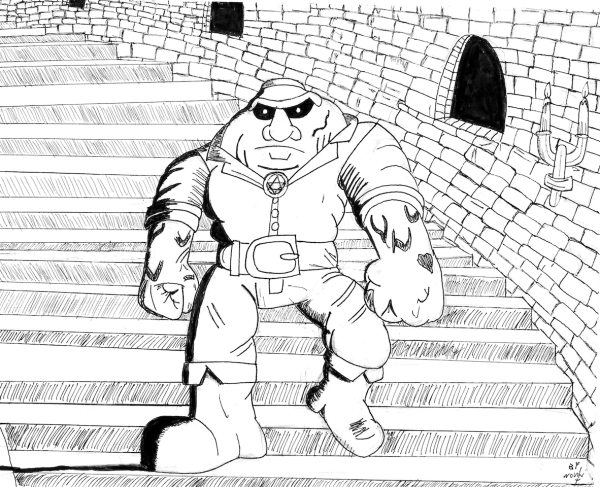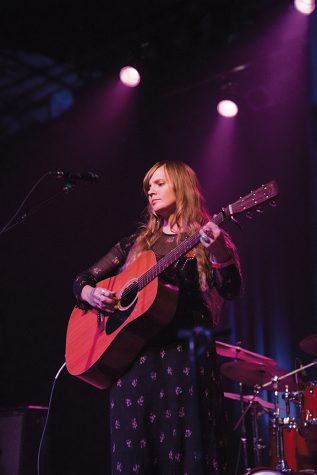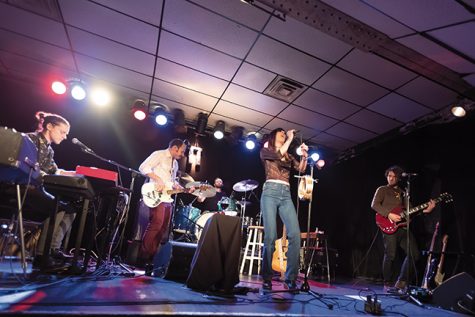A down-home chat with Charlie Parr
Musical storyteller Charlie Parr, from Minnesota, talks to the MATC Times via telephone about his Red House Records’ Stumpjumper Tour.
Times: Hello, and thank you for this interview. How did you find yourself doing this genre of music?
Parr: Well, when I was young, my folks were both really into folk music. The record collection in my house was weird. It had everything from Johnny Cash, and Johnny Horton and Elvis records, all the way back toward Carter Family, Jimmie Rodgers, Lead Belly, Lee Guthrie records, which is my Mom’s favorite, and then a couple of blues records that I loved, like Lightnin’ Hopkins.
Music played in the house all of the time. My dad didn’t like TV very much. So when he’d come home from work, he worked in a packing house, so did my Mom, and they’d just have the record player going and music would play all of the time. Sometime around 7 years of age I think I kinda heard it. It’s always been there, but, I finally kind of woke up to it, or something, and I really wanted to play it. Dad got me a guitar, and I started trying to learn how to play it, just listening to the records and trying to play along. It’s kind of what I’m still doing.
Times: So, you started actually playing at what age?
Parr: I started playing at 8, and I’m 49, so this has been going on for 41 years. (Laughs)
Times: When did the recording and distribution of an actual completed song happen for you?
Parr: I started playing shows in the ‘80s but I didn’t start writing my own music until 1995, when my Dad died. I found it very cathartic to write. It had come out in the form of songs to try and deal with some grief in his passing. I didn’t bother recording anything until 2000. I didn’t really do anything until a couple years after that. I haven’t actually worked a regular job now for 13 years. I just kind of follow my nose around the country and play guitar.
Times: That’s amazing that you’ve built a strong following within this decade and a half, where you do this for a living. Now, may I ask, what was your ground-breaking release or song? Because, sometimes, it’s just a track that gets well known in playing these gigs that’ll get you through before it even is a major release. But, what was the song, can you remember, that really brought your crowds in? What was your first hit song, record, album, which ever it was?
Parr: Not so much. The thing about it is that it’s always been kind of an organic growth as far as getting to the people. It’s never been a pivotal moment. It’s always felt real steady and slow. Organic is kind of a good word for it. What I put out here, people seem to like it, and it just kinda grows along that way. You know, I’m a niche folk singer. It doesn’t feel like there’s ever been a real flash point. It’s been a head down-and-pull-forward kind of a situation for me, I guess.
Times: It seems that you appeal to social disparity because you tend to sing about things that involve social injustices in our country, and you don’t mind calling out cards. You appeal to a younger group that’s living in their car now. We’ve got a whole country full of young people who are working their normal jobs and they’re living in a van or tiny home because they refuse to get a mortgage.
Parr: It’s hard. There’s a divide in this country between the haves and the have nots and it’s ridiculous. When I did work, I used to work for this agency that provided supplies to people who were homeless and couldn’t find any shelter at all.
So we’d give away sleeping bags and meals and sometimes referrals, but, I learned really fast that there’s not really that much out there for folks who are living in the margins, and, um, unfortunately, there’s a lot of folks out there who have a lot of stuff, and houses, and plenty of money. Their attitude about their stuff is that they apparently don’t seem to care that there are people who, tonight, are going to live in their car with their children because they can’t afford to get a mortgage, or an apartment, or, like you say, don’t want to put their money that way because it’s just a hole you can’t get out of. It’s scary nowadays. I lived in a family with both parents who worked a lot, and they took overtime whenever they could because it just wasn’t enough.
They wanted to make things nice for me and my sister, and they did. They did a really good job of that. The thing you don’t get then is your parents a lot. When you see them when they’re not working, then they’re tired.
That stuff’s on my mind a lot because it’s important. It’s frightening. When I’m on tour I try to be friends with everybody. You never know who might need a hand or might lend you a hand and it’s getting kind of frightening how divisive and hostile some people can get.
In opposition to that, I’ve also seen that people are getting more and more kind. To answer your question, I think it’s very important that a person speak their mind about this kind of stuff because we’re all here and we’re all going to be held accountable in the end.
Times: What do you think are your most passionate messages in your music that you openly, candidly repeat because it’s that important?
Parr: I think the thing that I come back to a lot is the notion of equality and accessibility. That’s what I love about folk music. It’s ours. It’s our accessible music. We all have access to it and we can all participate in it. I think that notion of equal participation is something that we’re seeing less and less of in this country. It hurts your heart to see that go away, when there’s so few things that we can all participate in it’s hard, and folk music is one of the things that’s left for us all to have and call our own. So, that’s one thing I keep coming back to. How everything is unequal and it shouldn’t be. That’s a thread for me.
Times: OK. I see that. When it comes to this tour, is there any song or songs that you absolutely love and come alive for when you perform, or is it just that way for the whole entire set?
Parr: I love playing guitar so much. I love playing songs. I don’t play songs that I don’t love. If I stop being interested with them, or if I stop being excited by playing them, I stop playing them. Because if I’m bored or disinterested in playing a song, that’s gonna show and I don’t want people to have to see that. I always wanna be excited about everything I play, that’s why I don’t like set lists. I just want to sit down and play a little bit. I love coming out and seeing everybody. And hopefully people will come out to see me.
Times: We’ll definitely be there. Thank you for speaking with us and we wish you a lot of success. People can learn more at RedHouseRecords.com, correct?
Parr: Yeah, there’s also CharlieParr.com that has a lot of information on it as well. Thank you for taking the time, Teresa. I appreciate you doing this. Take care.
Times: You too.
Parr: You betcha. Bye-bye.
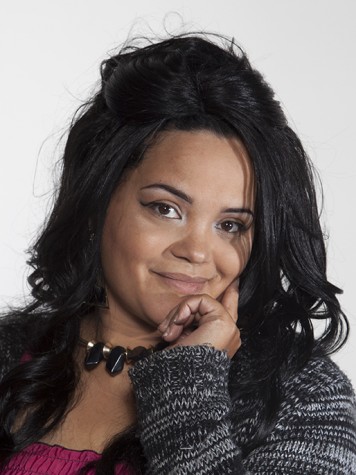
There is a certain capturing of the heart and mind that happens to people who love their school and love their school newspaper. I am one such person....

